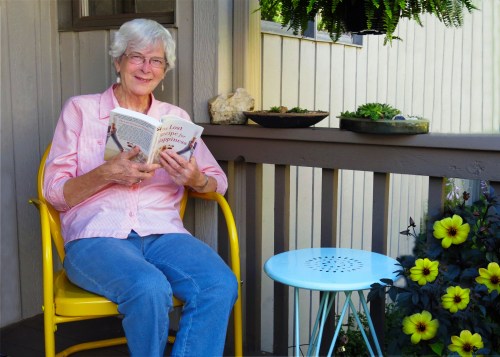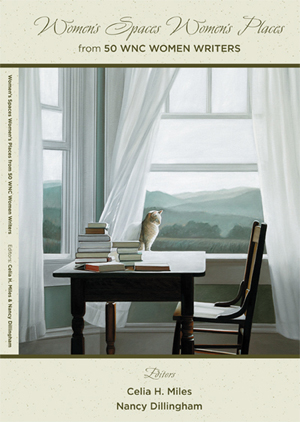
Beyond the quiver of first love and the shiver of roller coaster dives, thrills surprise with a realization of power—of love, of danger, or of words.
The movie, “Picnic,” and The Ballad of the Sad Café I link as cause and effect/reading and writing.
In “Picnic” a young girl becomes infatuated with an older man passing though a small, conservative Midwest town.
She is reading Carson McCullers’ Ballad, a book disapproved of by her community; it might tempt a young woman, subvert her expectations, damage her morally, harm her psyche, ranking right up there with drinking and smoking.
I read Little Women before I was ten, read the Brontes not understanding the passions running deep, read Hardy’s Tess unaware that she “was ruined” until the baby came.
In high school, we were led through some Shakespeare, understanding the plot superficially, caring not a whit for Lady Macbeth’s anguish or Julius Caesar’s betrayal.
Thus, not knowing what I didn’t know, I couldn’t comprehend the evil evidently inherent in Sad Café, the immorality that offended parents and librarians. I tucked the title away in my memory.
In college I bee-lined to the library. Lo, The Ballad of the Sad Cafe was soon, without a single demurring word or disapproving frown from the staff, in my eager hands.
What did I expect? Torrid sex scenes a few notches above those confessions in my mother’s True Romance magazines?
I couldn’t quite imagine what would ban a book other than sex of an illicit, forbidden nature. And what exactly was that?
Sad Café may have been the first book I had sufficient maturity to read, though how that maturity occurred between high school and college mystifies me.
Its characters, weird, eccentric, irrational, southern, were like real people, not literary types conveying allegorical or metaphorical significance, not pilgrims, Chaucer’s heading to Canterbury or Bunyan’s to a state of grace.
Though I didn’t know a tall cross-eyed whisky-making female store owner, a dwarf, or even a convict, I recognized Café’s characters.
If they could “people” the pages of books, I knew I’d be reading and looking around me differently, seeing living, breathing characters who could step right into McCullers’ pages—or onto mine.
